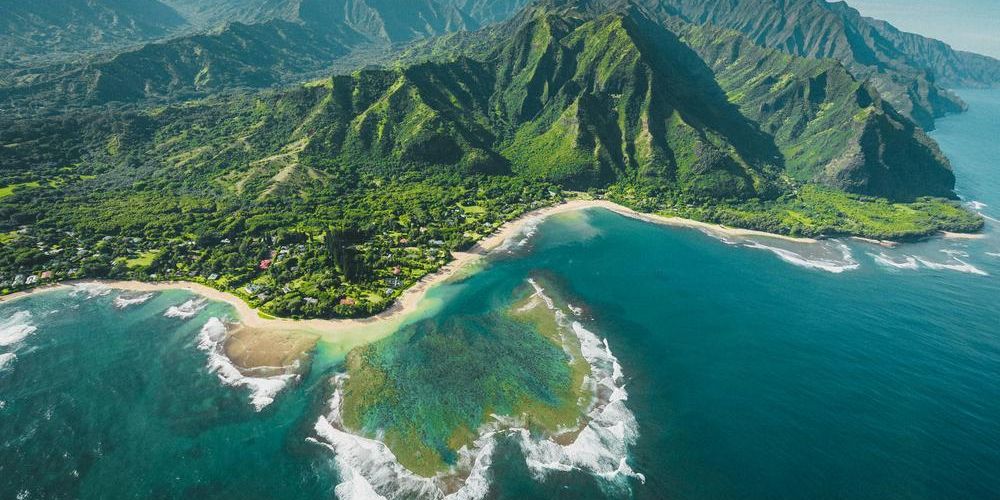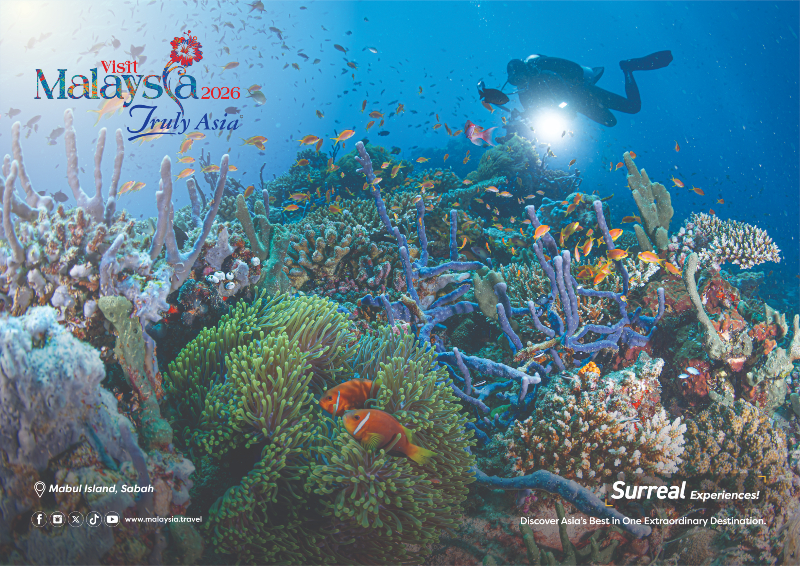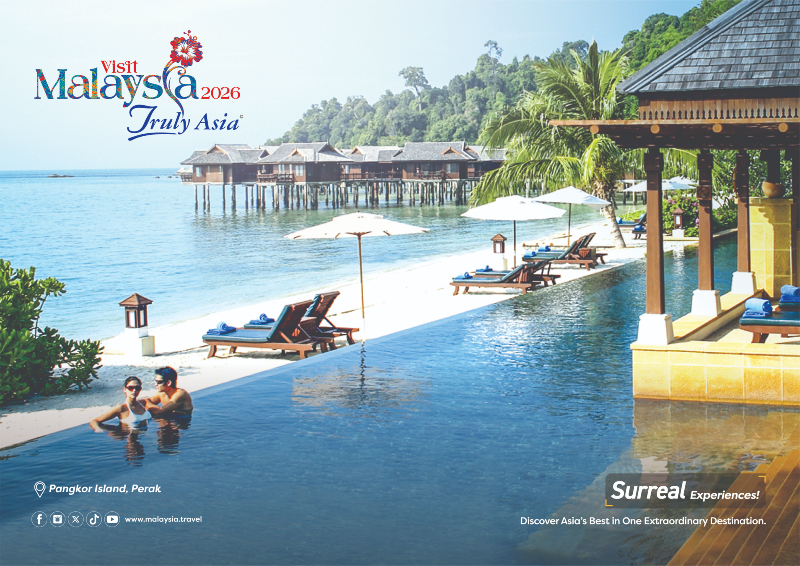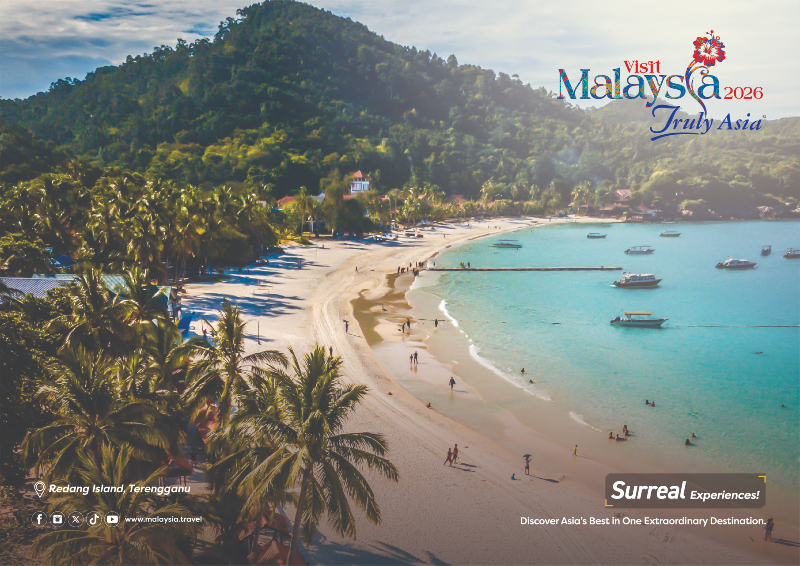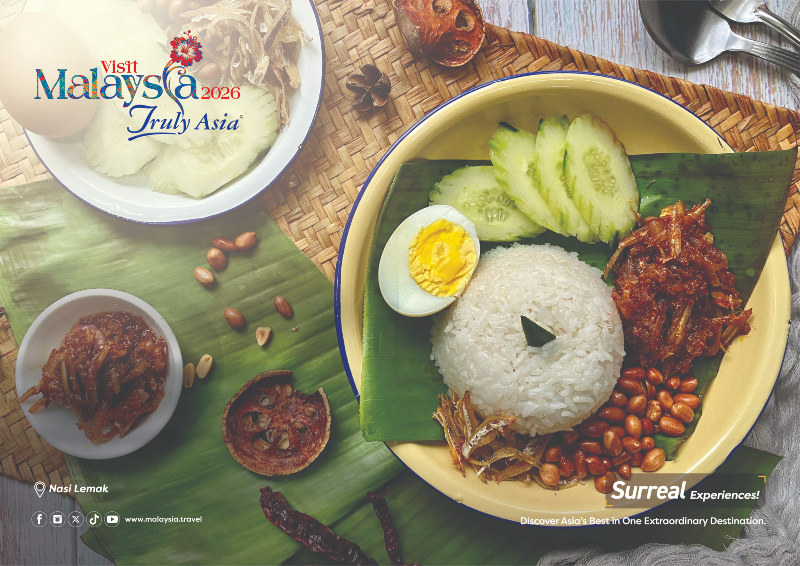Aaron Salā, the recently appointed President and CEO of the Hawai‘i Visitors and Convention Bureau (HVCB), has declared that “tourism as we have known it is over”, signalling a major shift in the islands’ approach to visitors and the visitor economy.
Speaking at a Hawai‘i Leadership Forum in April 2025, Salā was candid in his assessment of traditional tourism models. He described the old framework as “outdated, extractive, colonial, and dangerously romantic,” criticising the way it often demanded a packaged version of culture for visitors while local communities bore the consequences, including rising rents, environmental degradation, and the erosion of cultural authenticity.
“Traditional tourism celebrated arrivals while silencing the voices of those displaced by rising rents and eroding shorelines,” Salā said.
Rather than continuing with business as usual, Salā outlined a vision for a different kind of future — one that places the well-being of Native Hawaiians and the health of the land at its centre. He has set out to transform the HVCB into what he calls a “destination futures enterprise”, with a strong focus on cultural stewardship, economic innovation, and geopolitical awareness.
Since assuming the role in late 2024, Salā has initiated a strategic rethink at HVCB, moving beyond marketing campaigns to embrace a deeper role in shaping Hawai‘i’s future as a destination. He brings with him a strong background in cultural advocacy, having previously led Gravitas Pasifika, a firm dedicated to advancing Native Hawaiian talent, and served as cultural creative producer for Hawai‘i’s forthcoming Cirque du Soleil residency, ‘Auana.

Courtesy Photo (Outrigger x CDS). Aaron J. Salā
His approach aligns with broader calls across the Hawaiian Islands to move away from mass tourism towards more regenerative models. In the wake of challenges such as over-tourism, climate change, and the devastating wildfires in Maui in 2023, there has been increasing recognition that Hawai‘i’s visitor industry must evolve — not just to protect the environment, but to support local communities and honour indigenous culture.
Salā’s comments reflect this growing momentum. Rather than measuring success by visitor arrivals alone, the new vision seeks to balance economic benefits with cultural preservation, community well-being, and environmental sustainability. A key element of this transformation will be the creation of a new compact between Hawai‘i and its visitors — one that fosters mutual respect and a deeper understanding of what it means to experience the islands responsibly.
“Our mission is no longer simply to attract visitors,” Salā said. “It is to invite those who are willing to engage with Hawai‘i on Hawai‘i’s terms.”
